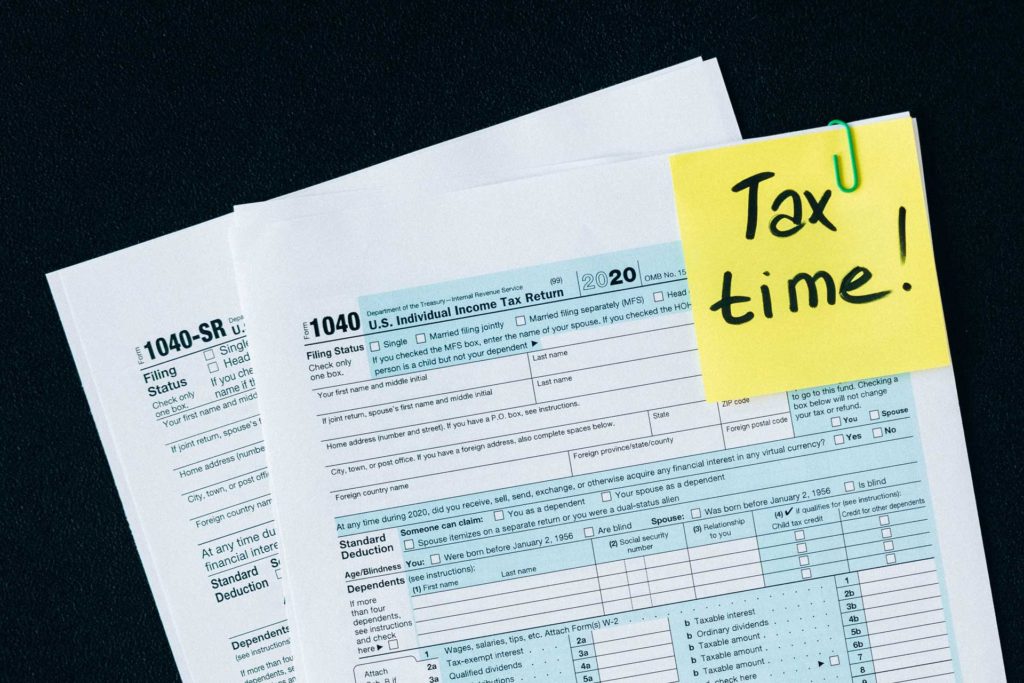|
Getting your Trinity Audio player ready...
|
Claiming a deduction for business mileage can be a better way to reduce your tax liability Mr. Taxpayer, but the IRS has strict mileage deduction rules in recent years.
Under the new tax rule, you can claim a mileage deduction for:
Independently employed individuals aren’t the ones in particular who can exploit mileage charge allowances, however every other person should record a Schedule A and separate their expenses assuming they need to get in on the duty investment funds. The individuals who do order might have the option to deduct mileage for either clinical consideration or noble cause work.
- Self-employed.
- Medical appointments.
- Charity.
Mileage gathered when heading to and from specialist visits, the drug store and the clinic would all be able to check toward a clinical derivation. You can guarantee 17 pennies for each mile driven in 2020, yet there’s a trick. Just clinical costs – both mileage and different bills joined – in access of 7.5% of your AGI can be deducted.
Individuals ordinarily disregard this deduction, while it very well may be hard to surpass the pay edge, on the off chance that you had critical hospital expenses last year, it very well may be advantageous to include your yearly mileage for specialist visits to support your allowance sum.
If you drive to volunteer at nonprofit organization, that mileage is deductible as charitable donations. The IRS permits volunteers to guarantee 14 pennies for each mile; however you must chip in yourself. You can’t, for instance, be driving a kid to a volunteer action. There is no limit necessity for asserting these miles. The standard mileage rate for business use relies upon a yearly examination of the fixed and variable costs of working a vehicle. The rate for clinical and moving expense depends on the variable expenses.

The accompanying table sums up the discretionary standard mileage rates for representatives, independently employed people, or different citizens to use in figuring the deductible expenses of working a car for business, altruistic, clinical, or moving cost purposes.
We have two strategies for guaranteeing the mileage deduction:
- Standard Deduction: Based on mileage rate of tax year
- Actual Expenses: Based on expenses related to vehicle like Gas, Insurance, Repairs and Parking etc…
[For the standard deduction, you must keep a detail log of the miles you drive for work and other applicable activity.]
[For the actual expenses technique, you should save every one of the receipts of costs identified with driving for work and other material activity.]
In the event that you began utilizing the genuine cost technique when you initially positioned your vehicle in assistance, you may never change to the standard mileage recompense for that equivalent vehicle in an ensuing year. Nonetheless, on the off chance that you began utilizing the standard mileage remittance, you might change to the genuine cost technique for similar vehicle in resulting years.
On the off chance that you qualify, prepare to record your movements as supporting proof in the occasion your charges are examined. Taxpayer needs to know the rules for claiming mileage on their taxes and, more importantly, they need to keep evidence and records.
Mr. Taxpayer, you need to keep in mind some easy steps which can make it more beneficial while taking mileage deduction.
- Check whether you qualify for this deduction: If you use your vehicle for business, Medical and charity event then you are qualify for deduction.
- Method of calculation: You can choose between standard and actual expenses.
- Recording of odometer at beginning and ending of the year.
- Maintain record of receipts (In case require).
Have a Tax accounting or bookkeeping question? Visit crspconnect.com



